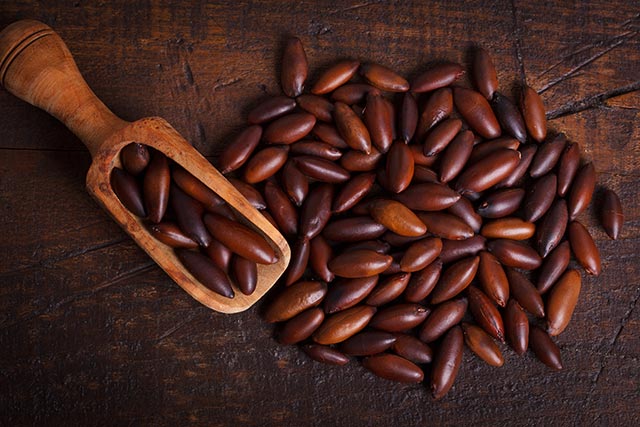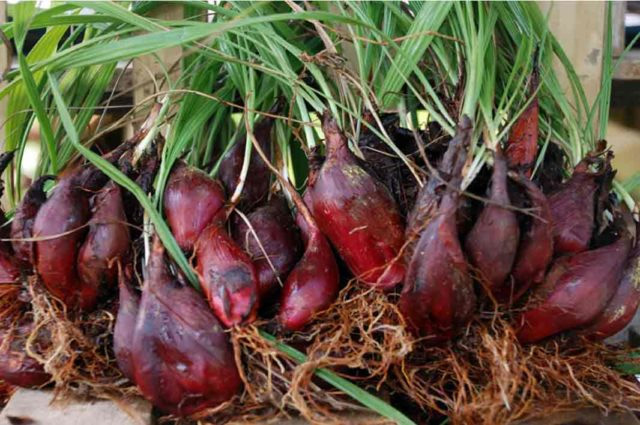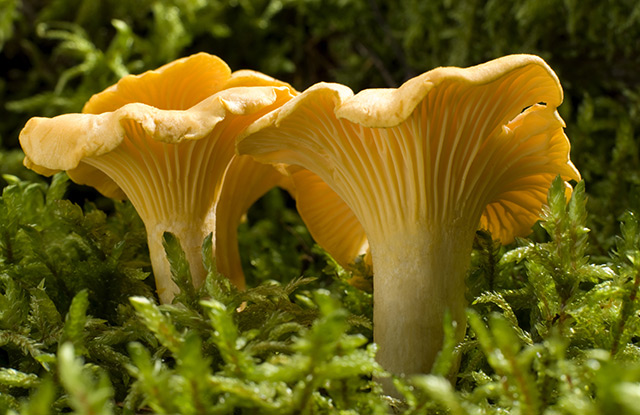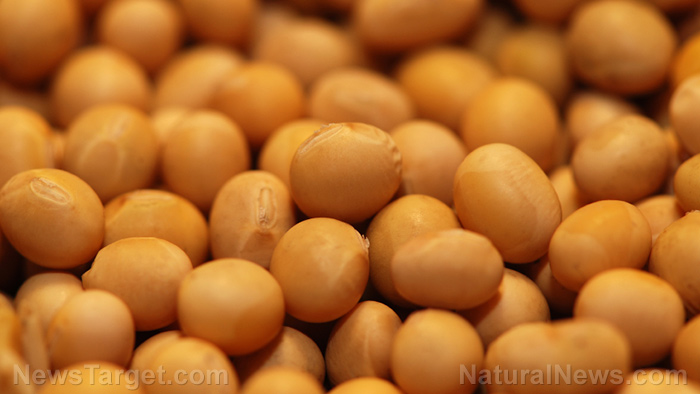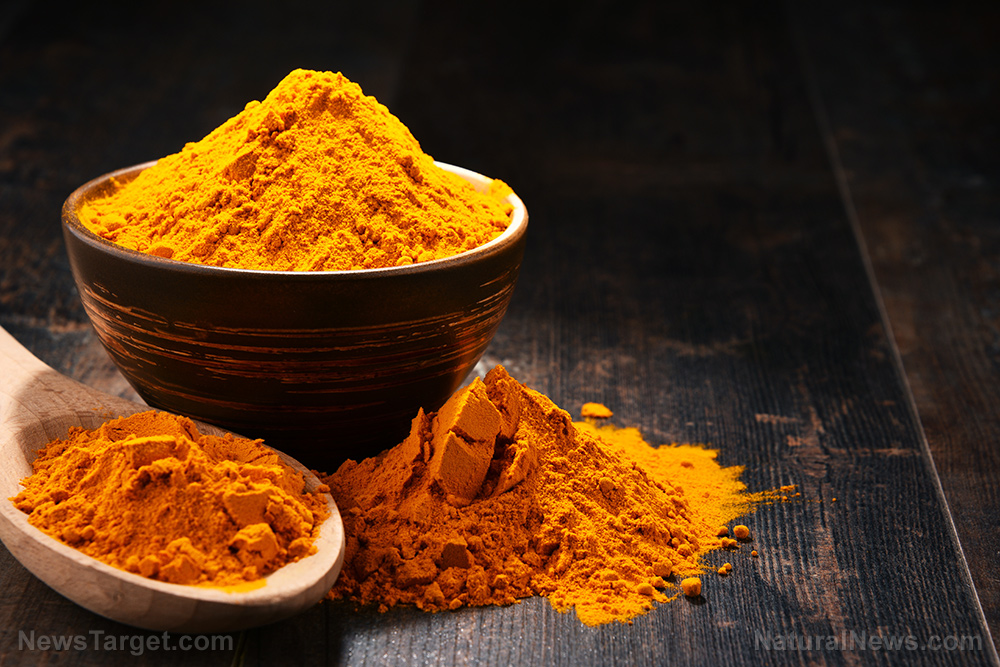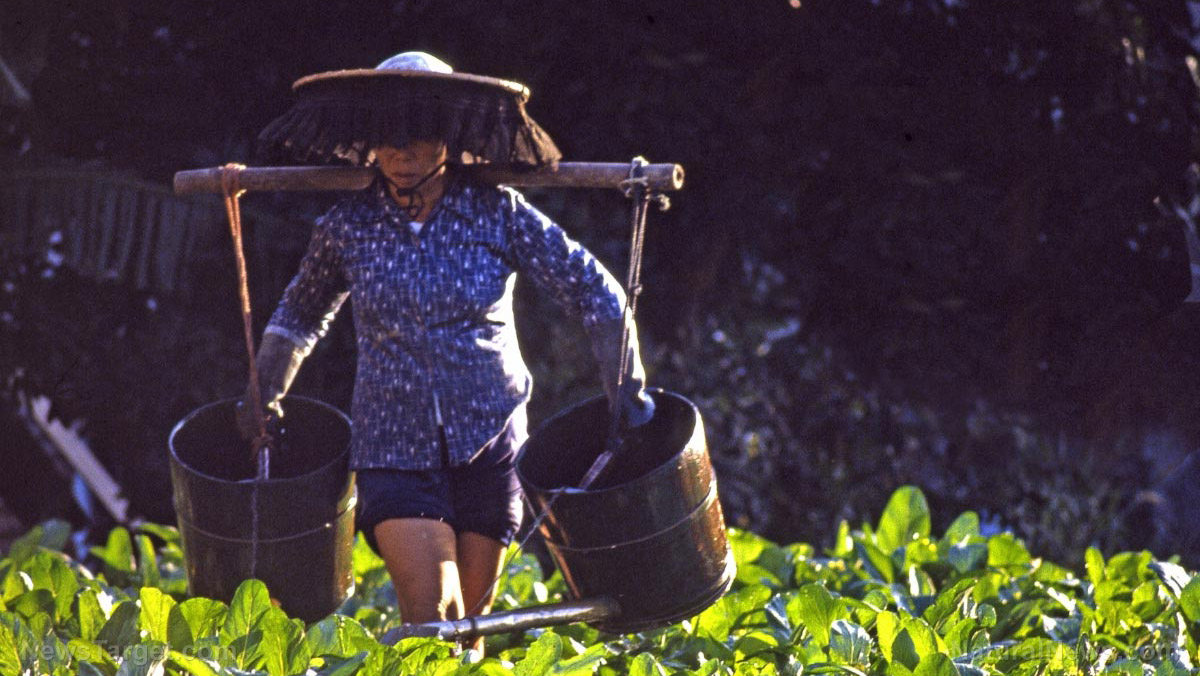Black seed honey treats wound infections caused by MRSA
10/16/2018 / By Ralph Flores
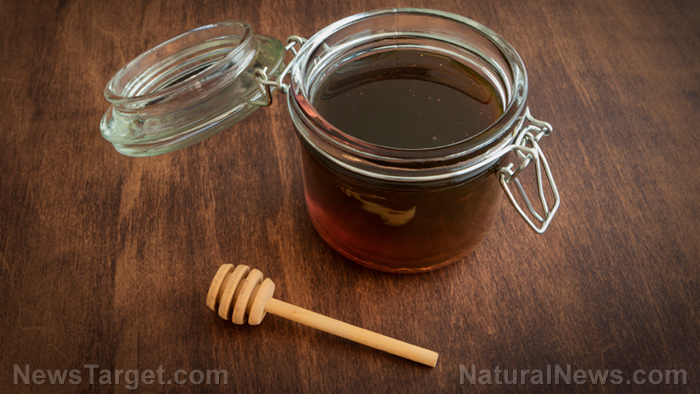
Black seed honey, which comes from the combination of oil from the seeds of Nigella sativa and honey, could be used to treat wounds following an infection from methicillin-resistant Staphylococcus aureus (MRSA). The study, which was published in the journal Complementary Therapies in Clinical Practice, was led by researchers from Saudi Arabia and Pakistan.
- Infected wounds caused by MRSA have markedly become costlier and more complicated to treat, given its resistance to a number of antimicrobial drugs.
- Researchers investigated 25 MRSA strains that were isolated from infected wounds and three ATCC reference strains to determine whether these were vulnerable to the effects of honey made from black seed (N. sativa), jujube (Ziziphus jujuba), and Shain (Plectranthus rugosus Wall) using agar incorporation.
- The team used medically-graded manuka honey as the control.
- In terms of minimum inhibitory concentration (MIC), manuka honey inhibited all isolates at an average of 4.4 percent (v/v). In comparison, black seed honey had a MIC of 5.5 percent (v/v), while jujube and Shain honey had MICs of 6.4 and 10.4 percent (v/v), respectively.
From these findings, the researchers concluded that black seed honey that was locally grown in the Middle East has similar antibacterial activity with manuka honey.
Learn more sweet facts about honey at Food.news.
Journal Reference:
Hussain MB, Hannan A, Absar M, Butt N. IN-VITRO SUSCEPTIBILITY OF METHICILLIN-RESISTANT STAYPHYLOCOCCUS AUREUS TO HONEY. Complementary Therapies in Clinical Practice. May 2017;27:57–60. DOI: 10.1016/j.ctcp.2017.04.003
Tagged Under: black seed, black seed honey, honey, infections, jujube, natural cures, natural medicine, natural remedies, wounds



